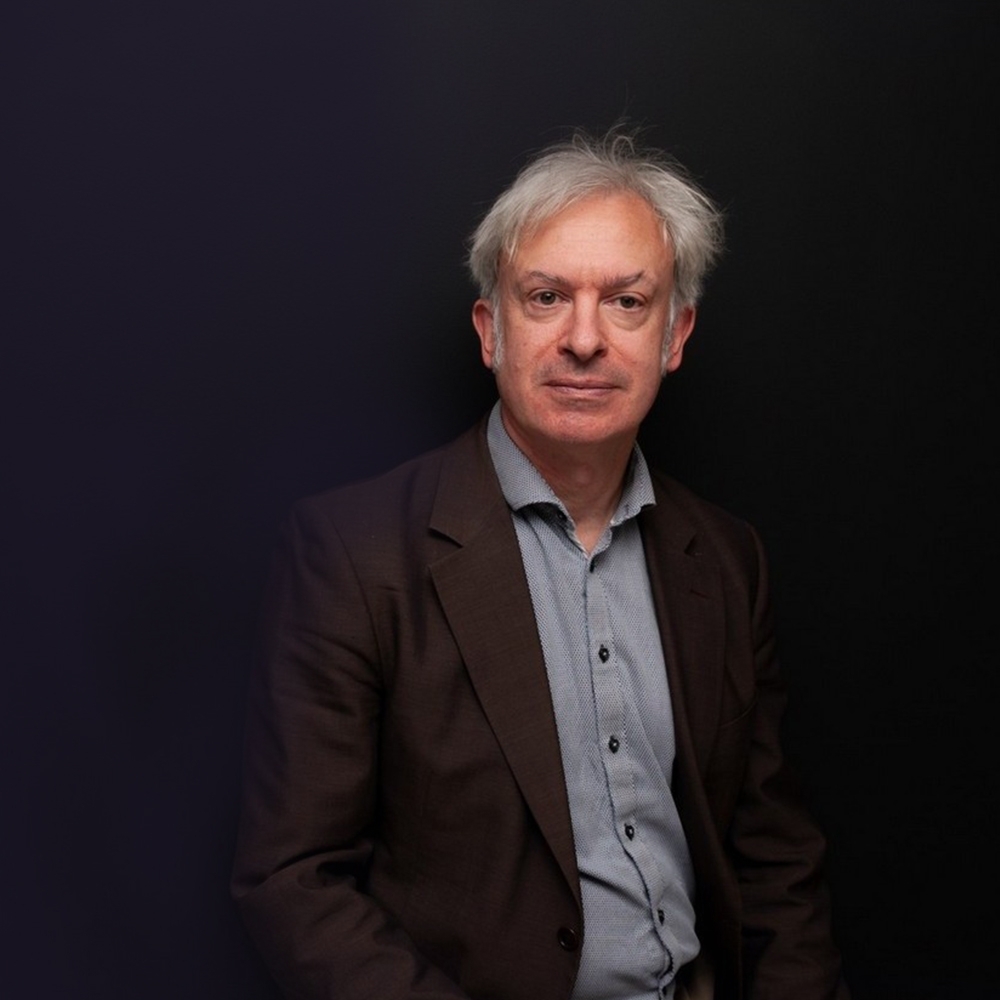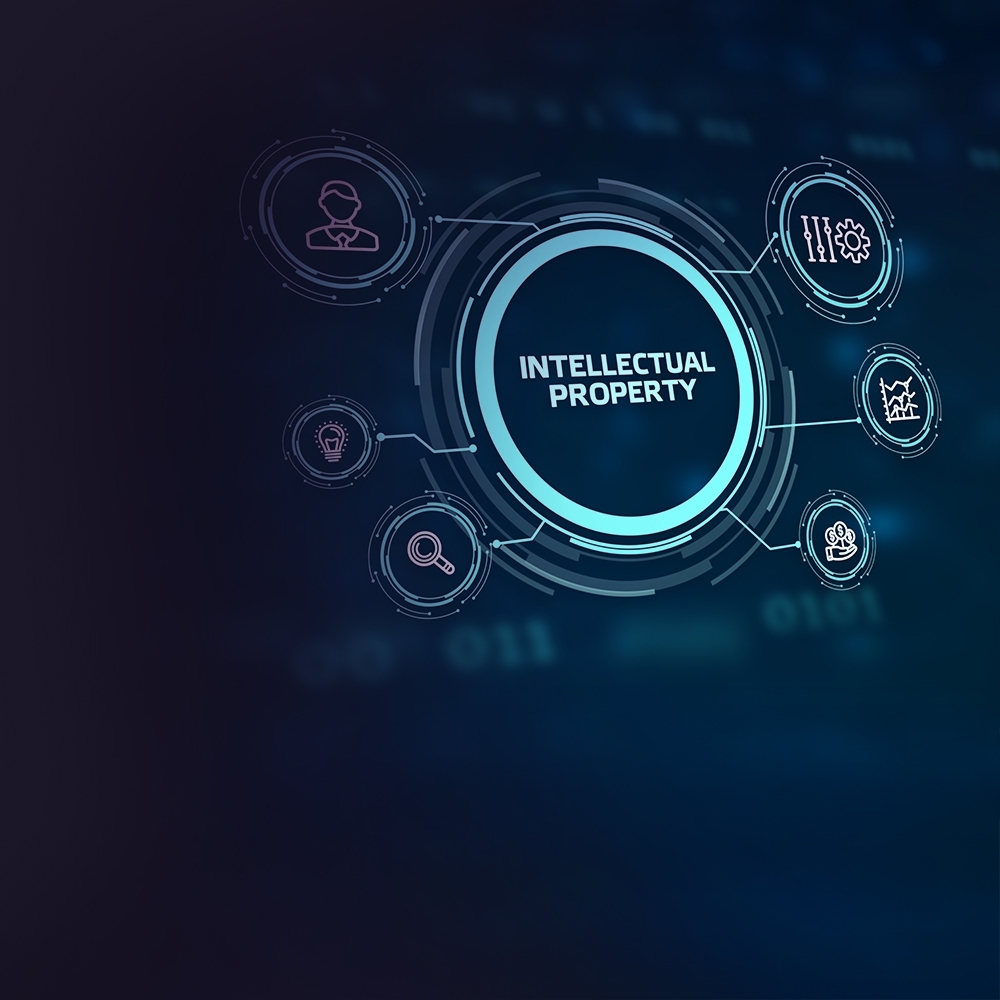08.04.2022
The European Patent Office announced on 6 April that it would be extending its pilot project for video conference oral proceedings to 31 December 2022. Given the continuing high COVID case numbers, this is not surprising, and most (though not all!) attorneys and EPO-users will be pleased to see the announcement. We take a look at the experience of video conference proceedings for users of the system.
Thank you
Regular attendees at oral proceedings have now settled into the video conference procedure, and many have acquired new set-ups that are particularly suited to these video conference proceedings. Oral proceedings often involve team work between multiple attorneys, or an attorney and their client, and one early concern we had a Keltie was that collaboration would be affected if we weren’t able to be in the same venue. We also had clients whose IT security meant they simply could not use Zoom to access the oral proceedings from their company devices, and they needed to make use of our facilities instead. We were fortunate to be able to adapt our set-up quickly to allow multiple participants in the same room at Keltie offices, with each having their own video and audio set-up: a great advantage for collaboration when it is needed. Looking back, it took very little time to feel comfortable and familiar with the new set-up and process, and to see some of the benefits it offers.
The access advantages that come from video conference proceedings are significant, for rights holders and attorneys alike. We have seen several instances where clients are able to attend and participate over video conference where it would have been unfeasible for an in-person proceedings. A stakeholder within the business such as an inventor or IP decision-maker can easily join a whole or part of the proceedings without the need for travel. For some, this increased access has been a particularly useful tool for IP education within the business.
The education opportunities of course extend to trainee and newly-qualified patent attorneys too. An opposition oral proceedings can be a daunting task for those without experience: like any other aspect of a patent attorney's job it is a learned skill. Typically the best way to learn is to build up exposure to oral proceedings over time, firstly by observing an experienced attorney in action, then by taking on specific aspects of argumentation, building up to running an entire proceedings. This takes time and investment from both the attorney and the firm. Access for observation and participation is far easier with a video conference proceedings: observers can join from their office, and since members of the public turn their cameras off and put their microphones on mute, they can even carry on with the working day during the ‘less interesting’ parts of a proceedings (I’m told they exist!), or while proceedings are adjourned. It was rare to see observers for in-person proceedings that did not have a connection to the case: now it is relatively common, and when video conference was first introduced, members of the public could even outnumber the active participants.
A shift to video conference proceedings also has benefits for equality in the patent profession. Not everyone is in a position to travel regularly, particularly those with family obligations, and video conference proceedings can be far more easily accommodated by a wider range of attorneys. A thriving opposition practice with in-person proceedings could cause havoc for an attorney’s family life: EPO proceedings can be scheduled many months, or over a year, in advance and can only be rescheduled for exceptional circumstances, and it wasn’t uncommon for attorneys to find themselves blocked from hoped-for holidays or family commitments by an oral proceedings schedule. It can only be a benefit to the profession if this imbalance becomes a thing of the past.
There are downsides to a video conference proceedings of course. It can be harder to ‘read the room’ over video conference: much non-verbal communication is lost, and some would say that a case has not had a full and thorough hearing over a video conference. Some cases really do benefit from in-person discussion: where tactile samples assist with a case, where issues are especially complex, or where there are a particularly large number of parties and participants.
Video conference proceedings also remove the opportunity for less formal interactions between the participants. You do not bump into the opposing attorneys at the coffee machine. Co-opponents cannot so easily spend time together. An opportunity may be lost for the parties to chat amicably in the corridor, and stranger things have happened than for a settlement or commercial arrangement to arise out of such interactions.
As an attorney that regularly runs oral proceedings, I have mixed feelings about the move towards video conference. The access improvements ultimately put me squarely in favour of keeping a permanent shift, as long as an in-person option remains for cases that will benefit from it, or that are of particular commercial significance. Over the last 18 months I have been joined in proceedings by trainees and client stakeholders who never would have had the opportunity to attend proceedings otherwise, and all have said what a valuable experience it was. On a personal note, it is nice to be able to do my final preparation from my regular office space, or home, rather than a hotel, and I confess I prefer the nearby office lunch spot of Borough Market to the EPO canteen... But I do miss spending time in Munich and The Hague, the opportunity for travel with colleagues and clients, and the buzz of an in-person hearing!
It seems that video conference proceedings are here to stay, and at this point it is perhaps time for the EPO to settle its long-term plans once and for all, rather than extending the pilot programme periodically. Those of us with proceedings scheduled for January 2023 will probably be waiting until December 2022 to know for sure that the programme will be extended yet again, and confirm whether proceedings will be online or in person: rather later than would be ideal. Those uncertainties could be handled better by the EPO by putting a permanent plan in place. Here’s hoping a final resolution is reached soon!
Contact Emily or any of our patent attorneys if you have any questions about EPO oral proceedings, or read more about the value of EPO oppositions here.

08.07.2025
Q&A with Richard Lawrence: Real-world IP for a fast-moving worldThe IAM Patent 1000 is a respected global guide to leading patent professionals and firms. With over two decades of experience at the forefront of intellectual property law, Richard Lawrence brings both technical depth and commercial clarity to the complex worlds of cryptography, telecoms, AI, and quantum computing.

19.08.2025
Setting your IP strategy - Part II: Monetisation of IPBusinesses may be deterred from taking steps to acquire IP rights because of the associated costs; however, when acquired strategically, IP rights can provide a substantial revenue stream. Following on from the first article in this series, the following considers how patents, trade secrets, and more may be monetised in practice, particularly in the field of AI.
Thank you